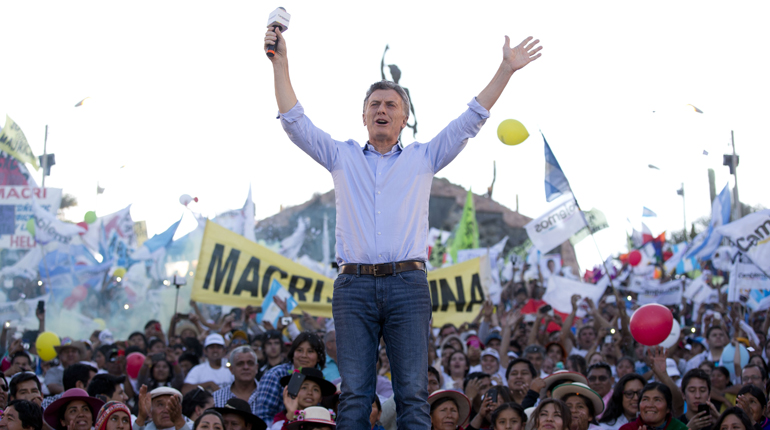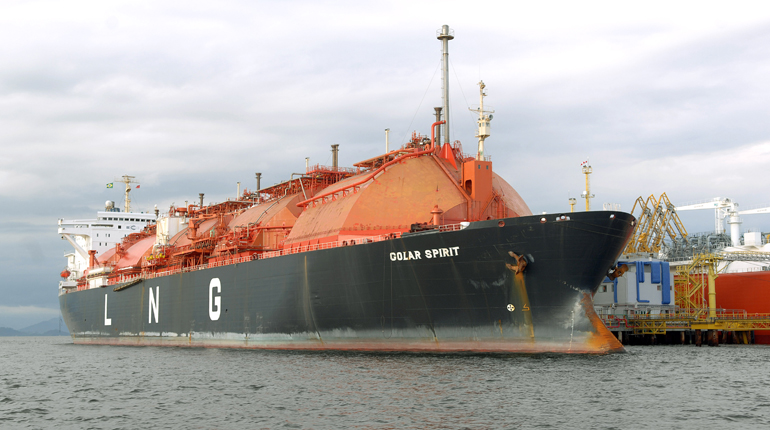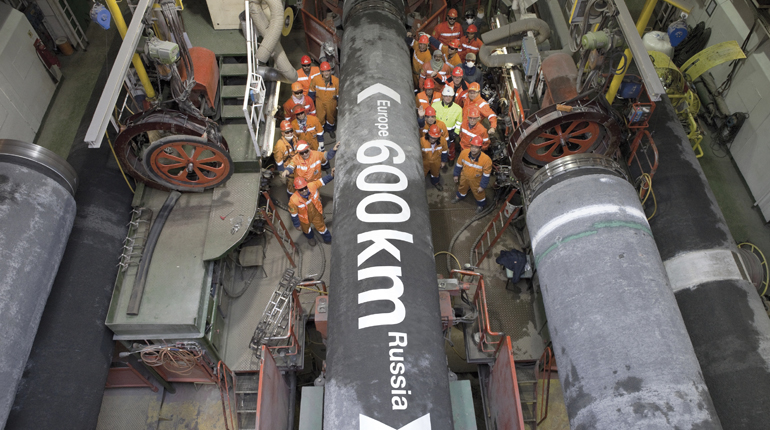Is Argentina’s glass half-full?
Mauricio Macri is the favourite to win Argentina’s presidential election on Sunday. However, his market-friendly policies have been light on detail.
 Argentinian presidential candidate Mauricio Macri, who could probably use a drink once his campaign’s over. (PA)
Argentinian presidential candidate Mauricio Macri, who could probably use a drink once his campaign’s over. (PA)
It is going to be a long weekend in Buenos Aires. The country holds its presidential election run-off on Sunday, for which a 24-hour ban on buying alcohol will be in force from Saturday evening. Porteños keen to defy the Ley Seca, or ‘Dry Law’, have already stocked up on staple refreshments such as malbec, fernet and lager.
However, temperance has served one man well. Buenos Aires’ centre-right Mayor Mauricio Macri – who has trod gingerly on specific questions about policy throughout his campaign – is now the favourite to win on Sunday.
It is a remarkable turnaround. A few weeks ago, political pundits were sceptical Macri would even win enough votes for a second round. Buenos Aires-based Elypsis – the only pollster that called the outcome of the first round accurately – now predicts that Macri will beat Daniel Scioli, the centre-left governor of Buenos Aires province, by almost eight percentage points.
Macri is a quieter man than Scioli, but equally determined. He has vowed to pour away President Cristina Fernández de Kirchner’s curious cocktail of ‘heterodox’ economics in favour of market-friendly policies. His policies have been light on detail, but experts say he is avoiding an eleventh-hour faux pas.
There is a fine balance to Macri’s campaign, according to a Buenos Aires-based analyst, who did not wish to be named because of political sensitivities. "He is running on a platform of massive change, but he will scare voters off if he gives too much detail about those changes." Macri’s coalition is called ‘Cambiemos’, or ‘Let’s Change.’
There are some certainties about a Macri presidency. He favours market forces over a planned economy, has pledged to increase fuel production and meddle less in the energy sector, and reduce government spending – which will require huge cuts to industry subsidies.
"There is hope for foreign companies," Juan Cruz Díaz, managing director at Buenos Aires-based political advisory Cefeidas Group, told Interfax after the first round on 25 October. "Macri is simply a better candidate for the business community, with clearer policies and a professional team that they can relate to," he added.
Scioli showed too much of his hand, and did so too early. He was generous with detail on future economic policy, including concrete pledges for the energy sector. For example, he promised a $5/MMBtu subsidy on top of the average gas price in 2014 to producers who increase output.
However, such pledges left him open to scrutiny. "There is no big difference between Scioli’s pledge and the incentive plans you have today," Santiago Weseneck, an analyst at Raymond James Argentina, told Interfax.
The momentum is with Macri, but there is pain in store for Argentina whoever wins on Sunday. Scioli’s promise of gradual change is not enough for the country’s desperate economy, and Macri has yet to taste political reality. And there’s still a dry weekend to get through. CN
Liked this article?
Sign up for exclusive, accurate and up-to-date natural gas news, analysis and intelligence, with global coverage of every phase of the gas chain.
By logging in or signing up for a free trial, you are agreeing to our terms and conditions, privacy policy and cookie policy.







